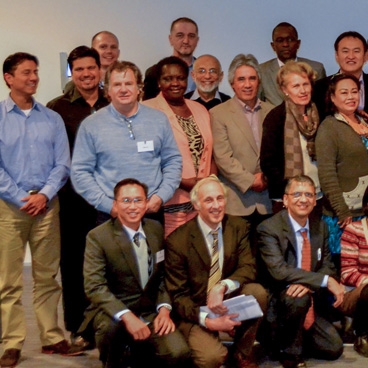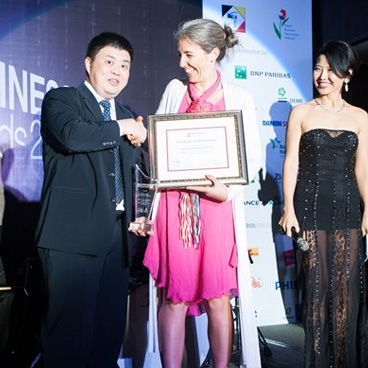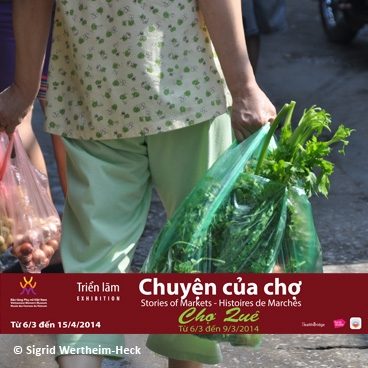Moc Chau and Son La government agronomists and extension officers will start to join Fresh Studio, Northern Mountainous Agriculture and Forestry Research Institute (NOMAFSI) and Hanoi University of Agriculture (HUA) in the monitoring of farmers.
The farmers participate in the project: Improved market engagement for counter-seasonal vegetable producers in North West Vietnam. The engagement of Moc Chau and Son La governments is part of 1) handing over project activities to local stakeholders and 2) developing a certification system to produce and market Moc Chau vegetables under a trademark.
One of the objectives of the project is to evaluate the economic potential and improve the current supply chain model. This model is introduced in 3 villages in Moc Chau, Vietnam: An Thai, Ta Niet and Tu Nhien. In order to achieve this objective, farmers are participating in trainings executed by experts from the Australian Centre for International Agricultural Research (ACIAR), NOMAFSI, HUA, Fruits and Vegetables Research Institute (FAVRI) and Fresh Studio. After 3 years, the supply chain model is working and getting stronger. Farmer groups are now supplying and coordinating directly to the retailers.

^ Reviewers together with project team inspect the fields of potential farmers
Initially, the project focused mainly on supplying Hanoi market with safe vegetables during the off-season (March-November). However, due to a constant volume and improving quality of Moc Chau vegetables, Hanoi retailers are more than willing to purchase vegetable from Moc Chau whole year round.
The project will continue to train and support the local stakeholders until 2015. For the coming months, strengthening the farmer groups in the 3 core project villages is top priority together with registration and implementing control and monitoring of the trademark and logo. By the end of the project, farmers together with the local government of Moc Chau and Son La province will take over and continue the activities in supplying certified Moc Chau vegetables under one certification trademark.












